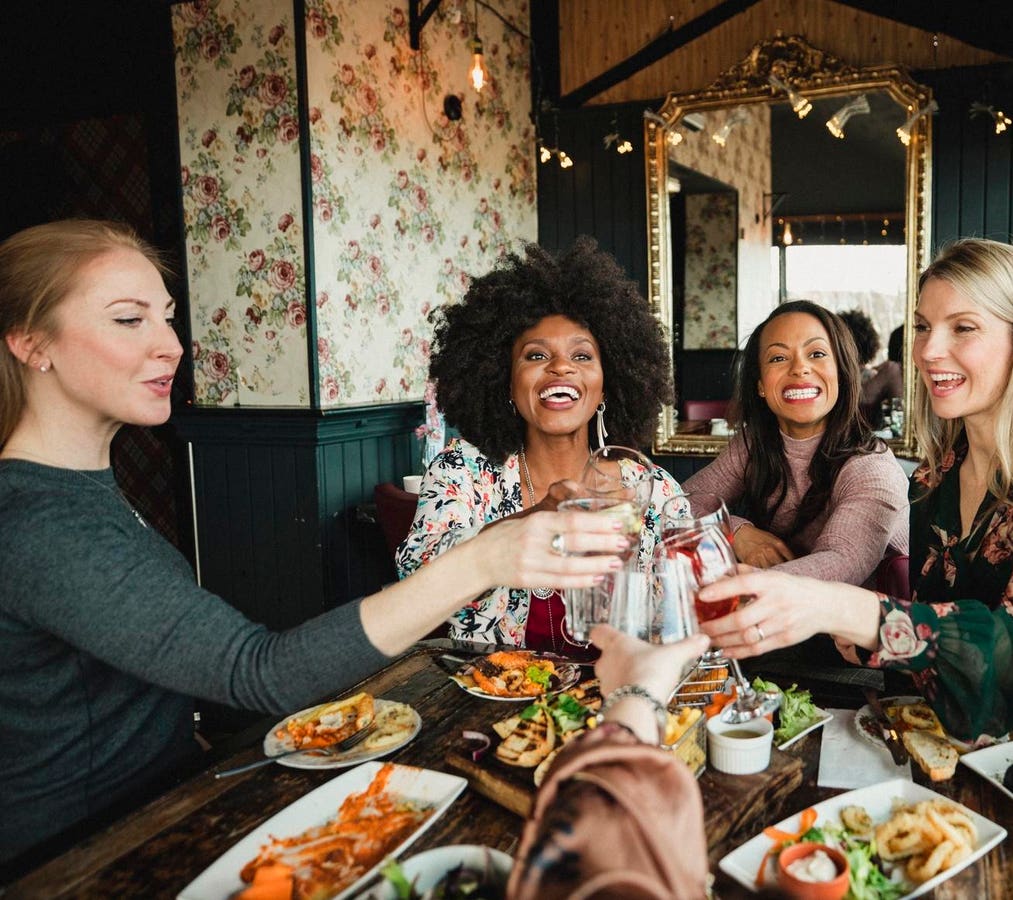The restaurant and foodservice industry has grown exponentially since the pandemic lockdowns of 2020 and 2021 ended. In fact, according to a report from the National Restaurant Association, the industry is projected to surpass $1 trillion in sales in 2024 for the first time in history.
Naturally, this growth has attracted the attention of both established brands and new entrants hoping to get a piece of this lucrative pie. In a market where space is scarce, embracing celebrity-backed restaurants is one way property developers and owners can cut through the crowds and gain an edge.
A JLL analysis of celebrity-owned and licensed restaurant openings found that 361 eateries backed by famous chefs, actors, athletes and musicians will open in the U.S. and Canada between 2019 and 2024. For real estate developers and owners, the appeal of these venues is that affiliations with celebrities create a new marketing dimension and word-of-mouth that run-of-the-mill businesses can't replicate.
A new look at old concepts
Celebrity-backed restaurants are not a new phenomenon. Ever since boxer Jack Dempsey opened his eponymous restaurant in New York City in 1935, actors, musicians, athletes and famous chefs have combined fame and fine dining to create successful businesses. Dempsey let people know he was now a restaurateur by putting his name in big red letters on the front of the building and making frequent appearances to shake hands and sign autographs.
Thanks to social media, such overt connections are less necessary today, as clever celebrities use their influence to drive large numbers of followers to their restaurants. For example:
- Comedian Kevin Hart will open Hart House in Southern California in 2022, leveraging his 179 million Instagram followers to grow the chain to 10 locations and then expand further.
- While Blaze Pizza makes no mention of LeBron James on its website, the fast-casual pizza franchise has expanded to 330 locations thanks to the support of the basketball star's 160 million fans who follow him on Instagram.
Hart and James aren't the only stars who've successfully converted millions of social media followers into restaurant diners: In fact, celebrities who open restaurants between 2019 and 2024 have an average of 15.1 million Instagram followers. That's a lot of mouths to feed.
The number of celebrity restaurants is growing
Social media has changed the nature of celebrity and with it the footprint of the celebrity restaurant market. In addition to classic celebrity restaurateurs like Gordon Ramsay and Robert De Niro, we now have social media influencers like Lisa Vanderpump and Thu Nguyen, while other chefs, like Shane Roberts Thomas, are using local TV shows and national shows like Food Network's “Chopped” to promote the expansion of their restaurants.
Celebrity-backed restaurants are also expanding their geographic reach into non-traditional markets. Historically, celebrity-backed restaurants have thrived in places like New York, Los Angeles, and Las Vegas that are home to many celebrities, attract many tourists, or both.
However, Atlanta ranked second for celebrity restaurant openings from 2019 to 2024. Nashville is another hot market, thanks to its status as the epicenter of country music. Within a few blocks along Lower Broadway in downtown Nashville, there are more than a dozen bars and restaurants endorsed by chart-topping artists such as Blake Shelton, Miranda Lambert and Justin Timberlake. These second and third-tier cities are seeing increased interest, media coverage, social engagement and foot traffic, in part due to visitors inspired by celebrity restaurateurs.
Benefits for property developers
With a 4.1% U.S. retail vacancy rate, according to JLL's Retail Q1 2024 report, competition for restaurant space is fierce and scarce, especially in the most desirable locations. One way property owners can improve their chances of filling vacant space and increasing foot traffic is to put a celebrity name behind the food, whether they're a full or partial owner, a licensor or manager. Whether the star is paid or an owner is irrelevant to customers; in their eyes, it's still a celebrity restaurant.
Landlords look to see that potential tenants are in sound financial standing, are backed by experienced management, and are proposing a restaurant concept that fits their vision for the surrounding development.
When all these criteria are met, a celebrity-backed restaurant can be a great way for landlords to maximize their space and restaurateurs to maximize their venue's potential, helping all involved stand out and thrive in a competitive marketplace. The result is legions of loyal fans who easily convert into hungry customers.

